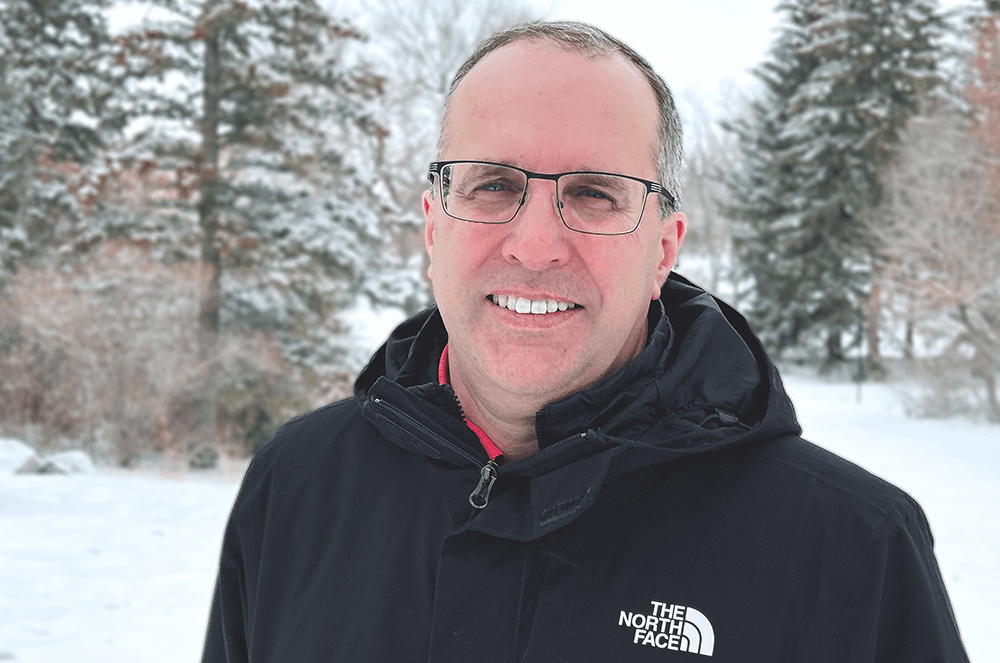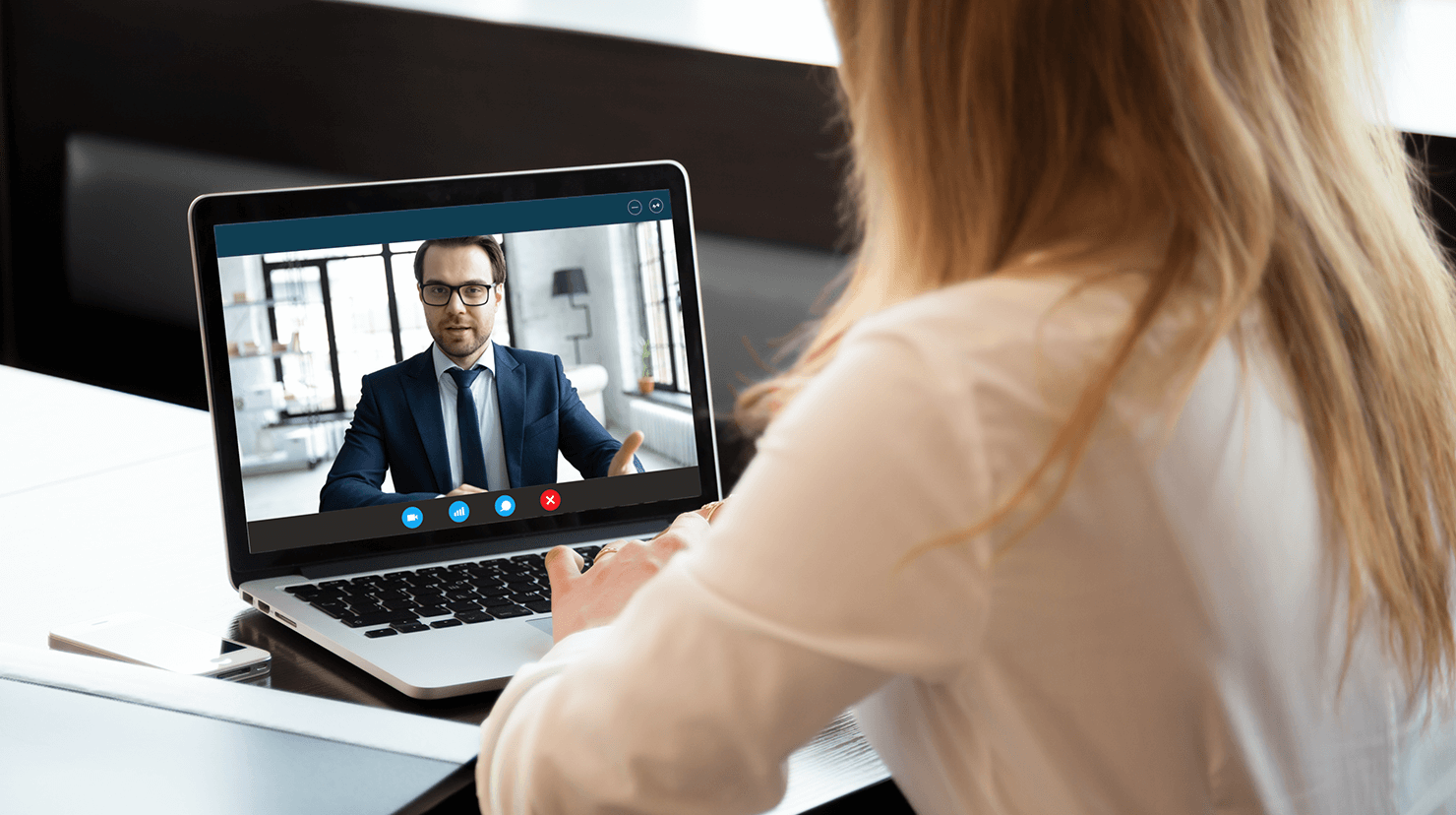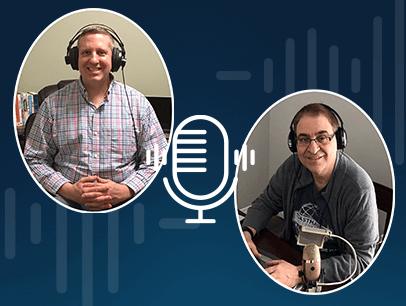
Have you ever wondered how Toastmasters could help you stand out above the crowd to achieve a professional goal?
Shortly after defending my doctor of business administration thesis at the University of Calgary in Alberta, Canada, I was invited to interview for an assistant professor position in the business school at the University of Lethbridge, with campuses in Lethbridge and Calgary. The interview would consist of a 15-minute mini lesson to demonstrate my teaching skills, followed by a panel interview.
I watched a video called “Beyond the Professoriate” to prepare for the academic interview, and learned that I should prepare for questions related to my teaching, my research, and my interest in the University of Lethbridge. The video stressed the importance of practicing interview responses aloud. Sounds like preparing a Toastmasters speech, doesn’t it?
I also took advantage of the Pathways curriculum. “Prepare for an Interview” and “Using Presentation Software,” both Level 3 electives in all 11 paths, were ideally suited to help me.
I was uncomfortable tying up a club meeting to practice for the interview. So, Judy Mooney, DTM, our Vice President Education, allowed me to complete these two electives outside the club. I reached out to three Toastmasters friends to facilitate a mock interview. Carolyn Kaldy, DTM, an engineer turned social worker, agreed to evaluate my mini lesson. Mehrsa Ehsani, a fellow doctoral student, agreed to conduct the interview, and Katherine Anderson, who works to help medical students secure internships at Canadian hospitals, would evaluate my interview responses.
The mock online interview was a disaster. I couldn’t get Microsoft Teams to work with my interactive whiteboard technology. I couldn’t remember my lengthy answers. Katherine, in the kindest possible way, asked in her evaluation, “Mark, what is your goal with this interview? To look like all the other candidates or to stand out above all the other candidates?”
The Toastmasters Podcast episode “How to Powerfully Engage Your Audience” grabbed my attention.
The honest assessments of my fellow Toastmasters sent my ego-dented subconscious into overdrive searching for strategies on how to stand above the crowd. That evening I was looking through the December 2022 Toastmaster magazine, where I tripped across a headline: “Do You Know About The Toastmasters Podcast?” No, I didn’t. I clicked the link and scrolled down until podcast #197, "How to Powerfully Engage Your Audience" with Cathey Armillas, DTM, grabbed my attention. In this podcast, Cathey discusses strategies to remove the “invisible wall” that exists between us as speakers and our audiences.
I thought, maybe, applying some of her ideas would help me stand out above the crowd. I adjusted my interview approach accordingly.
To open my mini lesson, I told a story about a fashion designer who used her master of business administration assignment to develop a business plan to launch her own fashion house. Then I moved into the mini lesson to discuss and ask questions about the design and purpose of various business models.
I attempted to remove the invisible wall when answering interview questions with lead-ins like, “I am not sure whether student mental health is an issue at the University of Lethbridge but …” and went on to elaborate on how I bring teaching innovation into the classroom to address this issue.
I threw out my carefully worded yet long-winded interview responses and adopted a Table Topics® strategy to break down the wall that pops up when we are too scripted. I identified the top five points that I wanted to make in each category. Then, depending on the question, I drew on one or two of these points to create a clear opening topic sentence before elaborating with a body and conclusion.
Do you have a professional goal where you aspire to stand out above the crowd? Could Toastmasters resources, Pathway projects, podcasts, or most valuable of all, your fellow members, provide you with the encouragement, skills, experience, and strategies to achieve your goal?
Try and see how these valuable resources could help you. It worked for me, with a little help from my Toastmasters friends. I accepted the position at the University of Lethbridge.
Mark Ward, DTM is an assistant professor, Dhillon School of Business, University of Lethbridge, and adjunct associate professor, Haskayne School of Business, University of Calgary. He is a member of CanOrators Toastmasters Club in Calgary, Alberta, Canada.
Related Articles

Personal Growth
Master the Art of Interviewing

Communication
What to Do at the Interview

Podcasts



 Previous
Previous

 Previous Article
Previous Article